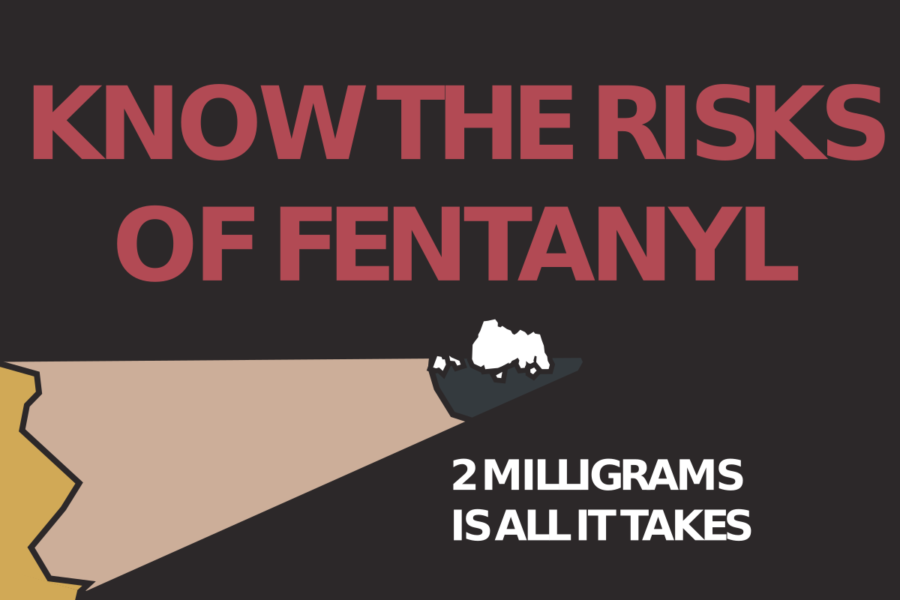Reaching out
How to help someone with a mental disorder
May 24, 2017
Everyone’s experience with mental health is different. Going through a mental disorder can be an intense and devastating time. To most who struggle, having a support system from friends and family can be very important. If someone you know has a mental disorder, you may also be experiencing some difficult emotions. You may be feeling helpless, frustrated or guilty. It’s not easy dealing with a friend or family member’s illness. Here are some steps you can take to help your loved one.
Look for the signs
A lot of people with disorders such as depression and anxiety like to hide behind it. They put on a fake smile and act like everything’s okay. If you notice that your loved one doesn’t seem to have interests in work, school or hobbies, they may be showing a sign of depression. They’ll act withdrawn from family and other social activities. If they also have a negative outlook, complain of lack of sleep or oversleep, they could be depressed. Also, if they eat less or more than usual they could be doing that because they feel like it’s their escape. Lastly, if they abuse drugs or alcohol, they may be trying to use them to forget about their disorder.
Reassure them that you’re here for them
Tell them to call or text you anytime. Talking on the phone and knowing someone is there for you can be very comforting to someone that it trying to control their disorder. Sometimes they can feel alone and lost. Knowing that someone is a phone call away reduces that feeling and makes them feel secure and appreciated.
Don’t keep bringing up their disorder
While you want to be there to talk about it, there are some anxieties that are triggered by thinking about it. If you ask someone how their anxiety attacks are, you may accidentally be causing them to think about them when they hadn’t been before. Having them rethink about it could cause another one, so let them bring it up to you.
Be a good listener
Let this person know that they can openly talk to you about anything that’s bothering them. Listen without judgment and lend them your ear. Let them know that you won’t change the way you feel about them based on what they say. Even if they fear that you’ll think of them differently, remind them that it’s okay to open up and that you’re there for support.
Don’t give up hope
Depression and anxiety are treatable conditions. However, the person you’re trying to help may not always feel like it’s treatable. There are going to be times when even you may think this will never get better, but just remember that there is hope and that you have to remind the person and yourself that it gets better. Just take it day by day.



















